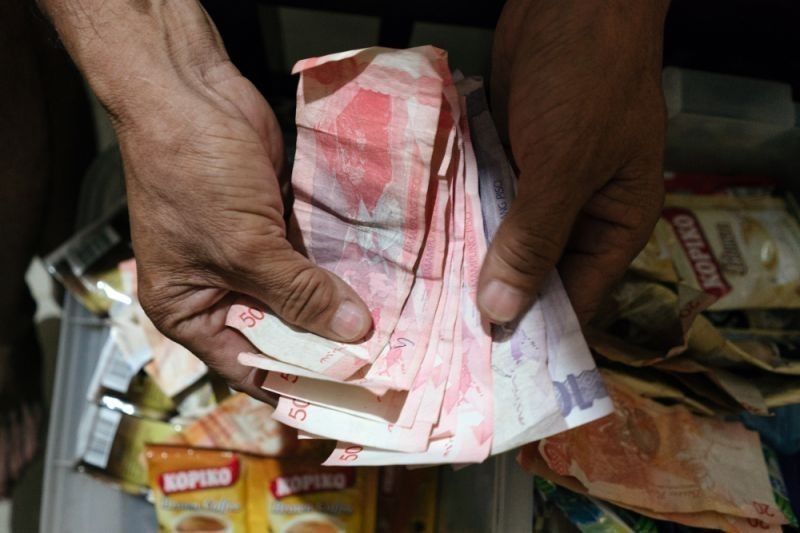
Upgrade to High-Speed Internet for only ₱1499/month!
Enjoy up to 100 Mbps fiber broadband, perfect for browsing, streaming, and gaming.
Visit Suniway.ph to learn
MANILA, Philippines — The international health community has sounded the alarm over the increase in measles cases in the Philippines during the first four to five months of 2025, compared to the same period last year, amid a regional surge in infections.
In a joint statement released Wednesday, May 28, the World Health Organization (WHO), the United Nations Children’s Fund (UNICEF), and Gavi the Vaccine Alliance warned that measles cases across East Asia and the Pacific are now at their highest levels since 2020.
In the Philippines alone, health authorities have recorded 2,068 measles cases from January 1 to May 10. According to WHO data, there were 3,844 cases of measles in the country in 2023, while 2,892 cases in 2023.
Vietnam currently reports the highest number of suspected measles cases in the region, with 81,691 infections across all 63 provinces and cities.
Mongolia and Cambodia have reported case counts comparable to the Philippines, with 2,682 and 2,150 cases, respectively. Mongolia's figure is as of May 21, while Cambodia's figure covers the period from January to April 2025.
“The alarming rise in measles cases is a wake-up call,” WHO Regional Director for the Western Pacific Saia Ma’u Piukala said in a statement.
He also said the rise in cases reflects not just increasing infections, but a troubling decline in vaccine coverage driven by eroding public trust — leaving vulnerable children, particularly in underserved communities, at greater risk.
“This underscores the critical importance of ensuring every child is immunized to protect their health and that of our communities,” Piukala added.
But what is measles?
Measles is considered a highly contagious disease, easily spread through breathing, coughing and sneezing.
It primarily affects the respiratory tract and can quickly spread throughout the body, with symptoms including high fever, cough, runny nose and a widespread rash.
While most common in children, measles can affect anyone and is best prevented through vaccination, WHO said.
Complications from measles can include blindness, encephalitis (a brain infection), diarrhea, ear infections, pneumonia and other breathing problems. In severe cases, it can even be fatal.
Children who are malnourished are at the highest risk, as their weakened immune systems are less capable of fighting off viruses.
“We’re not just seeing a spike in disease, we’re seeing a signal that the systems meant to protect children are faltering,” UNICEF Regional Director for East Asia and the Pacific said in a statement.
“No child should suffer or die from a disease we know how to prevent,” she added.
Unvaccinated children
According to UNICEF, the Philippines has a high child mortality rate, with 26 out of every 1,000 live births expected to die before reaching five years old.
Infants and toddlers aged 0 to 12 months are recommended to receive two doses of the measles, mumps and rubella (MMR) vaccine — the first at nine months, and the second at 12 months.
On top of this, one in 10 children grows up without vaccinations, with some regions, like the Bangsamoro Autonomous Region in Muslim Mindanao, experiencing even higher rates — up to three in five children are unvaccinated.
The WHO attributed the declining vaccination rates to "rising vaccine hesitancy" among families, largely driven by misinformation, disinformation and a lack of trust.
“The cost of inaction is high: outbreaks demand emergency campaigns and intensive responses that are far more expensive that maintaining well-functioning, reliable routine immunization systems,” the joint statement read.
International health groups also said that the most effective way to prevent further disease spread is through investment in the safety, effectiveness and affordability of vaccines, alongside early warning systems and support for healthcare workers.
These are efforts that significantly rely on “sustained political and financial commitment," they added.
“Global funding cuts will only put more lives at risk,” Kunugi said. “Sustained funding — both domestic and international — is essential to protect children and prevent the return of diseases that should already be history.”

 1 week ago
10
1 week ago
10



